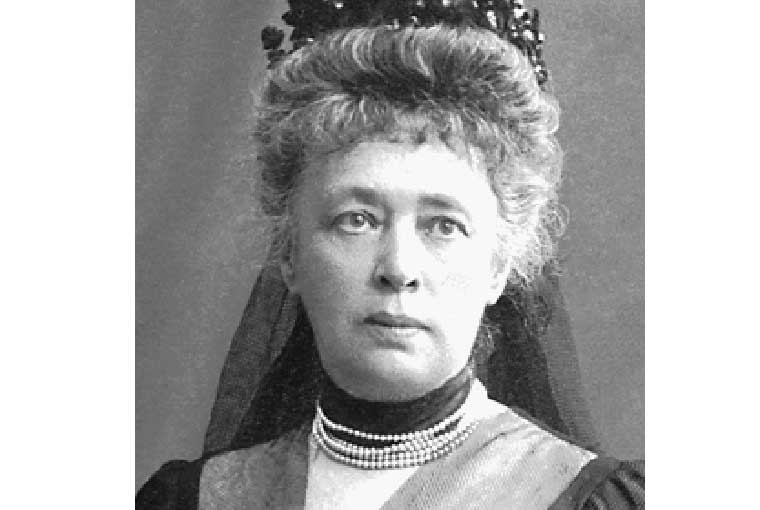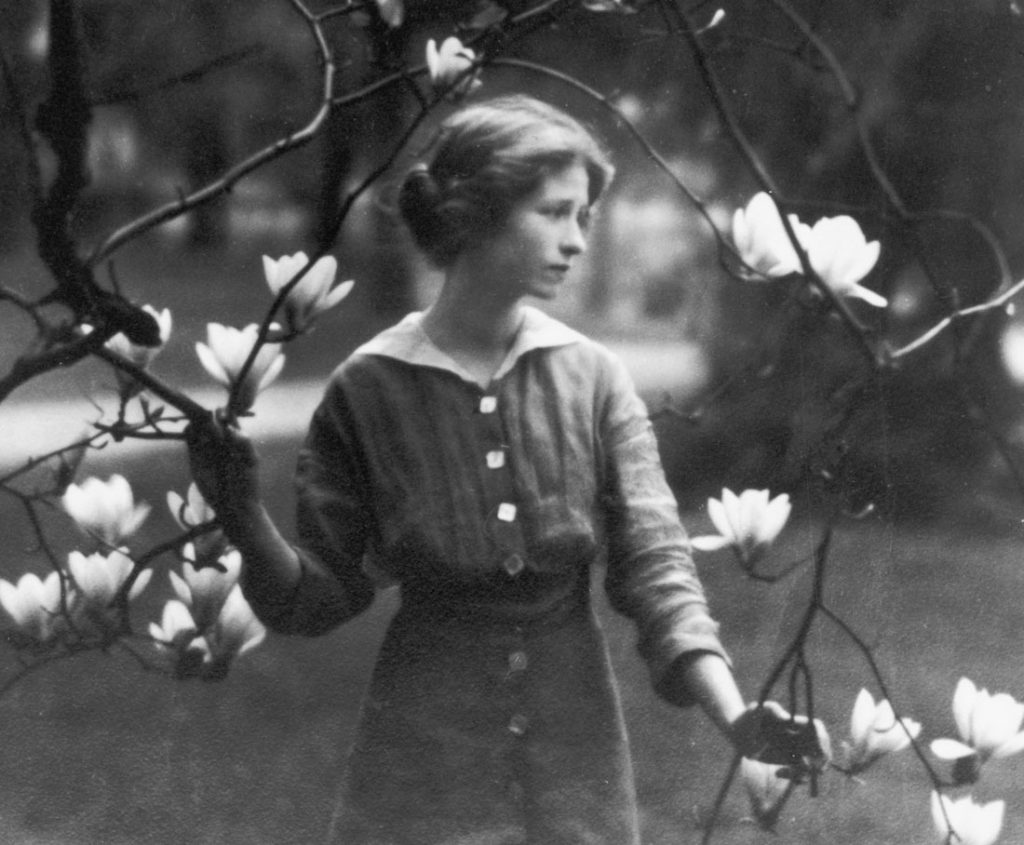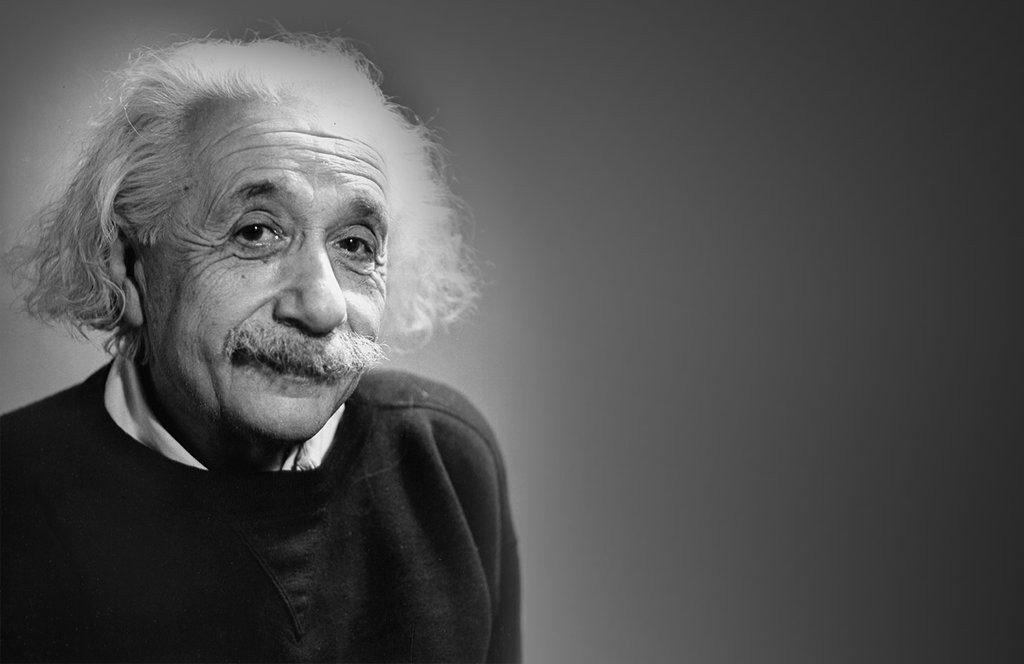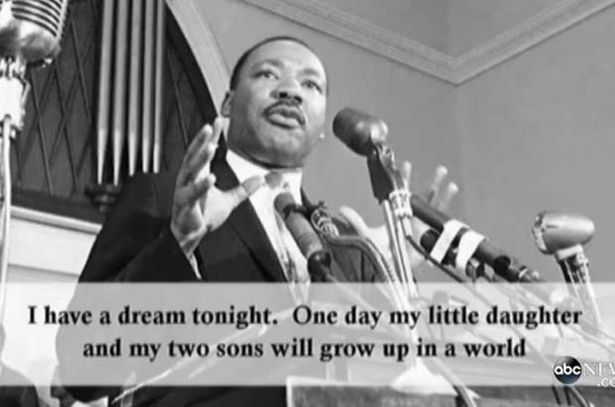
Saint Francis said:
“Blessed is he who loves and does not therefore desire to be loved;
Blessed is he who fears and does not therefore desire to be feared;
Blessed is he who serves and does not therefore desire to be served;
Blessed is he who behaves well toward others and does not desire that others behave well toward him.”
William Blake said:
“Every Night & every Morn
Some to Misery are Born
Every Morn and every Night
Some are Born to sweet delight
Some are Born to sweet delight
Some are Born to Endless Night.”
Thomas Paine said:
“It is a perversion of terms to say that a charter gives rights. It operates by a contrary effect: that of taking rights away. Rights are inherently in all the inhabitants; but charters, by annulling those rights, in the majority, leave the right, by exclusion, in the hands of a few… They… consequently are instruments of injustice … The fact, therefore, must be that the individuals, themselves, each, in his own personal and sovereign right, entered into a contract with each other to produce a government: and this is the only mode in which governments have a right to arise, and the only principle on which they have a right to exist.”
Thomas Jefferson said:
“I know of no safe depository of the ultimate powers of the society but the people themselves; and if we think them not enlightened enough to exercise their control with a wholesome discretion, the remedy is not to take it from them but to inform their discretion.”
Mary Wollstonecraft said:
“I entreat (men) to assist to emancipate their companion, to make her a help meet for them! Would men but generously snap our chains, and be content with rational fellowship instead of slavish obedience, they would find us more observant daughters, more affectionate sisters, more faithful wives, more reasonable mothers: in a word, better citizens.”
William Godwin said:
“To whom does any article, suppose a loaf of bread, justly belong? I have an hundred loaves in my possession, and in the next street there is a poor man expiring with hunger, to whom one of these loaves would be a means of preserving his life. If I withhold this loaf from him, am I not unjust? If I impart it, am I not complying with what justice demands?”
The Marquis de Condorcet said:
“Any person who has contributed to the progress of mankind to the best of his ability becomes immune to personal disaster and suffering. He knows that human progress is inevitable and can take comfort and courage from his inner picture of the epic march of mankind, through history, towards a better future.”
Thomas Robert Malthus said:
“That population cannot increase without the means of subsistence is a proposition so evident that it needs no illustration. That population does invariably increase, where there are means of subsistence, the history of every people who have ever existed will abundantly prove. And that the superior power cannot be checked without producing misery and vice, the ample portion of
these two bitter ingredients in the cup of human life, and the continuance of the physical causes that seem to have produced them, bear too convincing a testimony.” (He later modified this opinion and made it less pessimistic by allowing for the effect of preventive checks such as late marriage. Malthus considered birth control to be a form of vice, but today it is accepted as the most humane method of avoiding the grim Malthusian forces, famine, disease and war.)
Percy Bysshe Shelly said:
“Rise, like lions after slumber
In unvanquishable number!
Shake your chains to earth like dew
Which in sleep had fallen on you:
Ye are many, they are few!”
Robert Owen said:
“What ideas individuals may attach to the term `Millennium’ I know not; but I know that society may be formed so as to exist without crime, without poverty, with health greatly improved, with little, if any, misery. and with intelligence and happiness increased a hundredfold; and no obstacle whatsoever intervenes at this moment except ignorance to prevent such a state of society from becoming universal.”
John Stuart Mill said:
“The only purpose for which power can be rightfully exercised over any member of a civilized community, against his will, is to prevent harm to others.”
Henry David Thoreau said:
“Simplify your life. Don’t waste the years struggling for things that are unimportant. Don’t burden yourself with possessions. Keep your needs and wants simple and enjoy what you have. Don’t destroy your peace of mind by looking back, worrying about the past. Live in the present. Simplify!”
Count Leo Tolstoy said:
“The sharpest of all contradictions can be seen between the government’s professed faith in the Christian law of the brotherhood of all humankind, and the military laws of the state, which force each young man to prepare himself for enmity and murder.”
Mahatma Gandhi said:
“They say that ‘means are after all means’. I would say that ‘means are after all everything’. As the means, so the end. Indeed, the Creator has given us limited power over means, none over end… The means may be likened to a seed, and the end to a tree; and there is the same inviolable connection between the means and the end as there is between the seed and the tree. Means and end are convertible terms in my philosophy of life.”
Martin Luther King said:
“Wisdom born of experience should tell us that war is obsolete. There may have been a time when war served a negative good by preventing the spread of an evil force, but the power of modern weapons eliminates even the possibility that war may serve as a negative good. If we assume that life is worth living, and that man has a right to survival, then we must find an alternative to war … I am convinced that the Church cannot be silent while mankind faces the threat of nuclear annihilation. If the church is true to her mission, she must call for an end to the nuclear arms race.”
Wilfred Owen said:
“If in some smothering dreams, you too could pace
Behind the wagon that we flung him in,
And watch the white eyes writhing in his face,
His hanging face, like a devil’s sick of sin,
If you could hear, at every jolt, the blood
Come gargling from the froth-corrupted lungs
Obscene as cancer, bitter as the cud
Of vile, incurable sores on innocent tongues,
My friend, you would not tell with such high zest
To children ardent for some desperate glory,
The old Lie: Dulce et decorum est
Pro patria mori”
Albert Einstein said:
“The unleashed power of the atom has changed everything except our ways of thinking, and thus we drift towards unparalleled catastrophes.”
Edna St. Vincent Millay said:
“Man, doughty Man, what power has brought you low,
That heaven itself in arms could not persuade
To lay aside the lever and the spade
And be as dust among the dusts that blow?
Whence, whence the broadside? Whose the heavy blade?…
Strive not to speak, poor scattered mouth; I know.”
Bertha von Suttner said:
“Strange how blind people are! They are horrified by the torture chambers of the Middle Ages, but their arsenals fill them with pride!”
George Orwell said:
“In a time of deceit telling the truth is a revolutionary act.”
Helen Keller said:
“Alone we can do so little! Together we can do so much!”
Today, human civilization and the biosphere are facing a crisis. Here are the tasks which history has given to our generation:
We must decrease economic inequality.
We must leave fossil fuels in the ground.
We must stabilize and ultimately reduce global population to a level that can be supported by sustainable agriculture.
We must abolish the institution of war before modern weapons destroy us.
And finally, we must develop a mature ethical system to match our new technology.
These are difficult tasks, but together we can overcome the difficulties. As Helen Keller said,
“Alone we can do so little! Together we can do so much!”
At a time of crisis, with the future at stake, please don’t be silent. We urgently need your voice today!
This is the final chapter of John Avery’s new book “We Need Their Voices Today”. Rest of the chapters can be read HERE
John Avery received a B.Sc. in theoretical physics from MIT and an M.Sc. from the University of Chicago. He later studied theoretical chemistry at the University of London, and was awarded a Ph.D. there in 1965. He is now Lektor Emeritus, Associate Professor, at the Department of Chemistry, University of Copenhagen. Fellowships, memberships in societies: Since 1990 he has been the Contact Person in Denmark for Pugwash Conferences on Science and World Affairs. In 1995, this group received the Nobel Peace Prize for their efforts. He was the Member of the Danish Peace Commission of 1998. Technical Advisor, World Health Organization, Regional Office for Europe (1988- 1997). Chairman of the Danish Peace Academy, April 2004. http://www.fredsakademiet.dk/ordbog/aord/a220.htm.















































